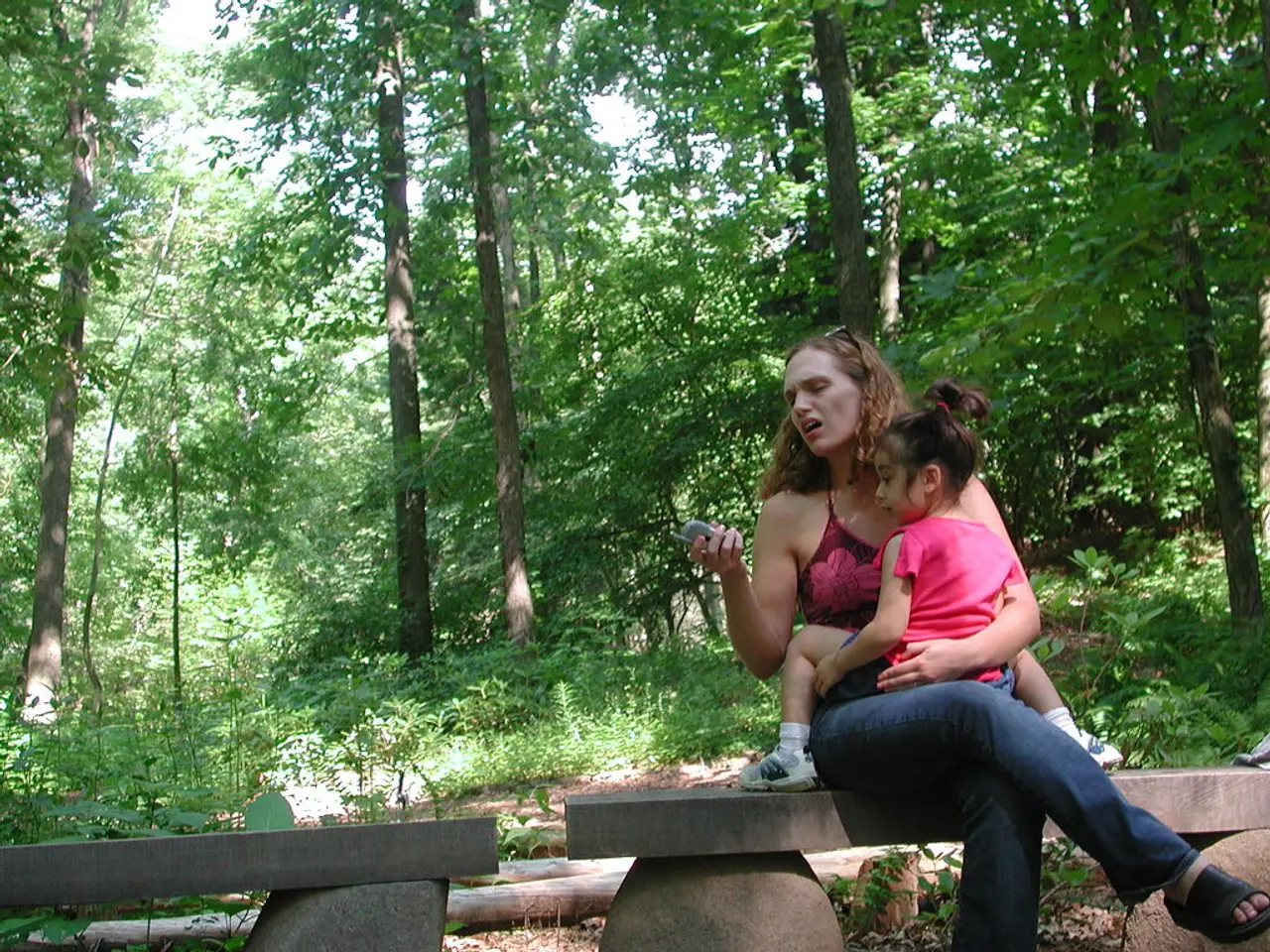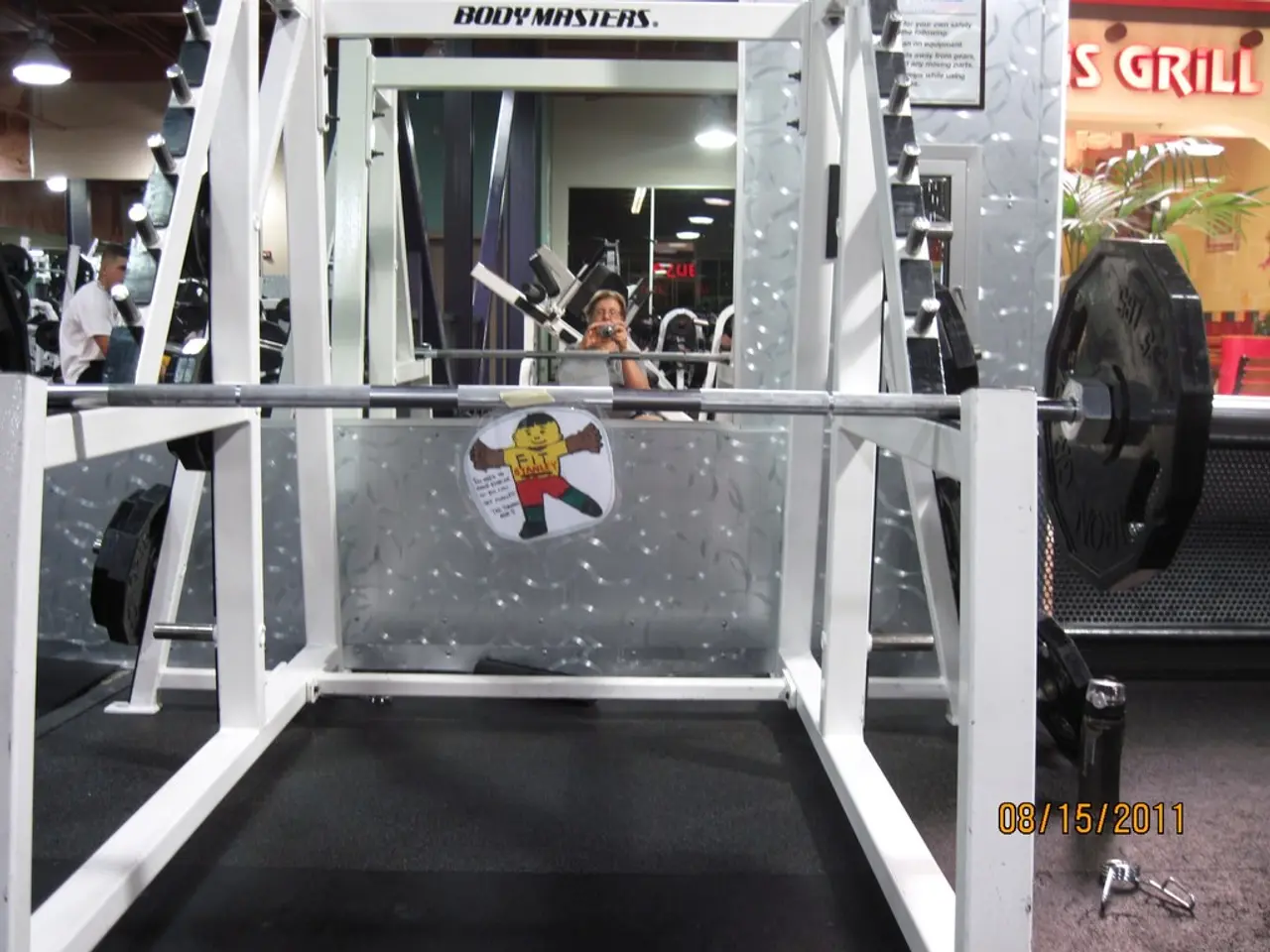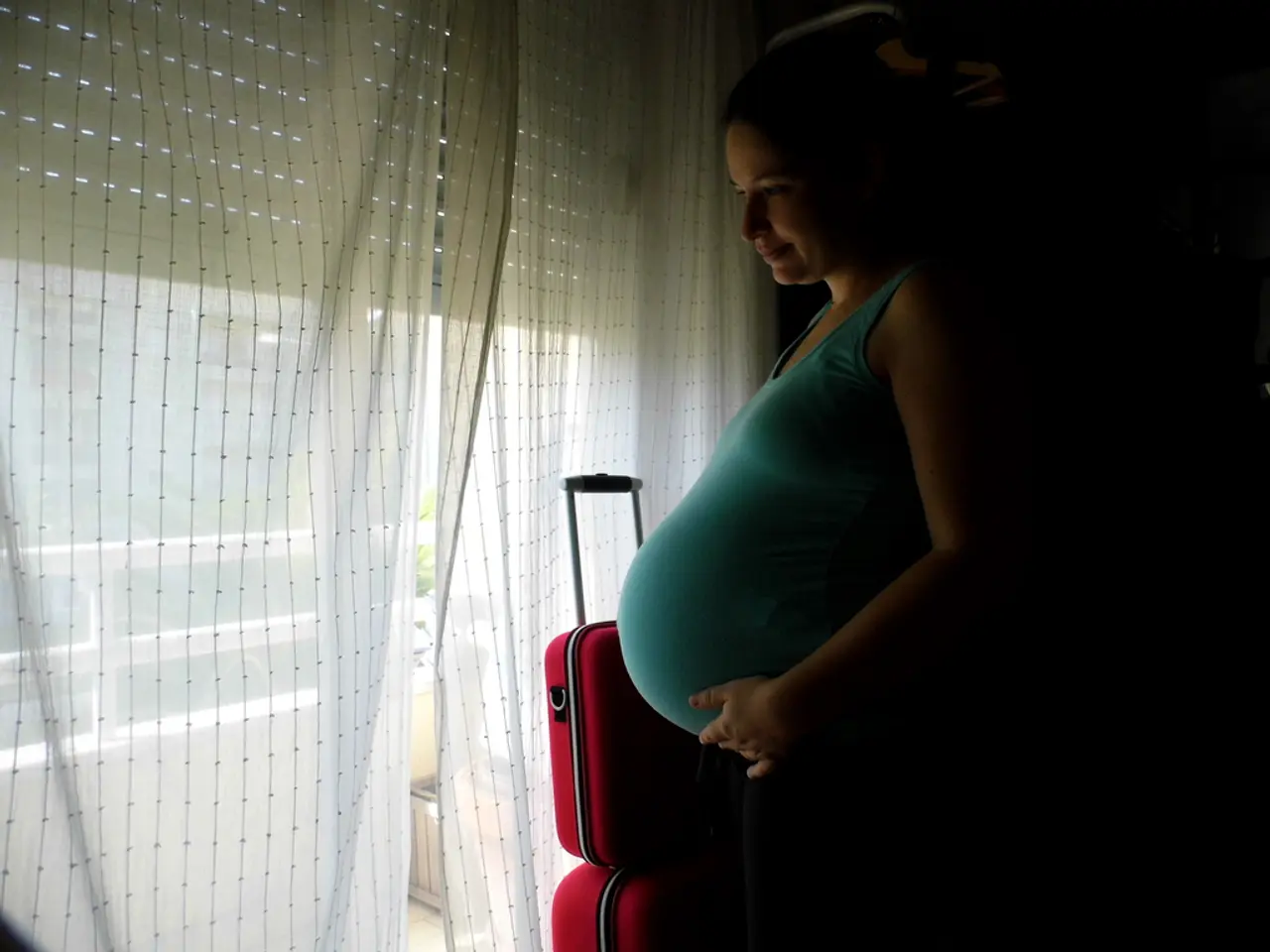Preemie Physical Therapy: An Instruction Manual
Preterm babies often face unique challenges in their development, with a higher risk of motor and sensory issues due to disrupted natural developmental trajectories. However, early intervention in physical therapy can help mitigate these challenges and provide preemies with the best possible start in life.
Physical therapy sessions for preemies can commence shortly after birth, even in the neonatal intensive care unit (NICU). The timing is guided by the infant's health status, gestational age, and medical stability. This specialized intervention, designed to address the unique needs of preterm babies, contributes significantly to fostering optimal growth and development.
Common techniques in preemie physical therapy include massage therapy, range of motion exercises, swaddling, exercise balls, and tummy time. Gentle exercises involving bending, straightening, or positioning the baby's arms and legs are also recommended, typically near the baby's due date after consultation with a specialist physiotherapist.
Parents play a crucial role in supporting their preemie's development at home. Simple home exercises, such as joint movements, back and neck strengthening, eye tracking, skin-to-skin contact, and music therapy, further support preemies' development while promoting bonding with their caregivers.
Engaging in activities like 'Row, row, row your boat' while gently moving the baby's arms, or letting them kick while lying on the floor to encourage movement, are examples of interactive games that can help preemies develop motor skills. It's essential to work closely with a pediatric physiotherapist to understand specific exercises tailored to the baby's needs and learn how to perform these exercises safely at home.
More than just aiding physical development, early physical therapy fosters parent-child bonding. By providing targeted exercises and interventions, physical therapists play a pivotal role in aiding preemies on their developmental path. Finding a qualified physical therapist for preemies is essential; look for therapists with relevant credentials, experience in neonatal care, and a proven track record in working with preemies.
Early interventions in physical therapy can help preemies achieve developmental milestones such as rolling over, sitting, and walking. The positive impact of early physical therapy extends beyond the physical realm, influencing cognitive and emotional development. Addressing challenges promptly aids in preventing long-term issues, ensuring that preemies have the best possible chance for a healthy and thriving future.
In conclusion, physical therapy plays a pivotal role in mitigating the challenges faced by preemies, aiding in the development of essential motor skills, and promoting overall well-being. Early intervention in physical therapy is crucial for preemies to achieve optimal outcomes and set them on a path towards a brighter, healthier future.
- The delicate development of preemies can be enhanced through parental involvement, with simple home exercises supporting their motor skills and bonding with caregivers.
- Physical therapy for preemies in the NICU, beginning shortly after birth, works towards addressing unique challenges and fostering optimal growth and development.
- The role of a pediatric physiotherapist is significant in guiding the choice of appropriate exercises for preemies and ensuring their safe performance at home.
- To maximize the potential benefits, it's recommended to find a qualified physical therapist with expertise in neonatal care and a successful track record with preemies.
- The benefits of early physical therapy for preemies stretch beyond physical development, influencing their cognitive and emotional growth as well.
- Achieving developmental milestones like rolling over, sitting, and walking can be facilitated through early physical therapy interventions, supporting preemies' long-term health and wellness.
- By focusing on physical therapy in the early stages, we can help ensure that preemies have the best possible start in life, paving the way for a brighter and healthier future within the context of family and education.




